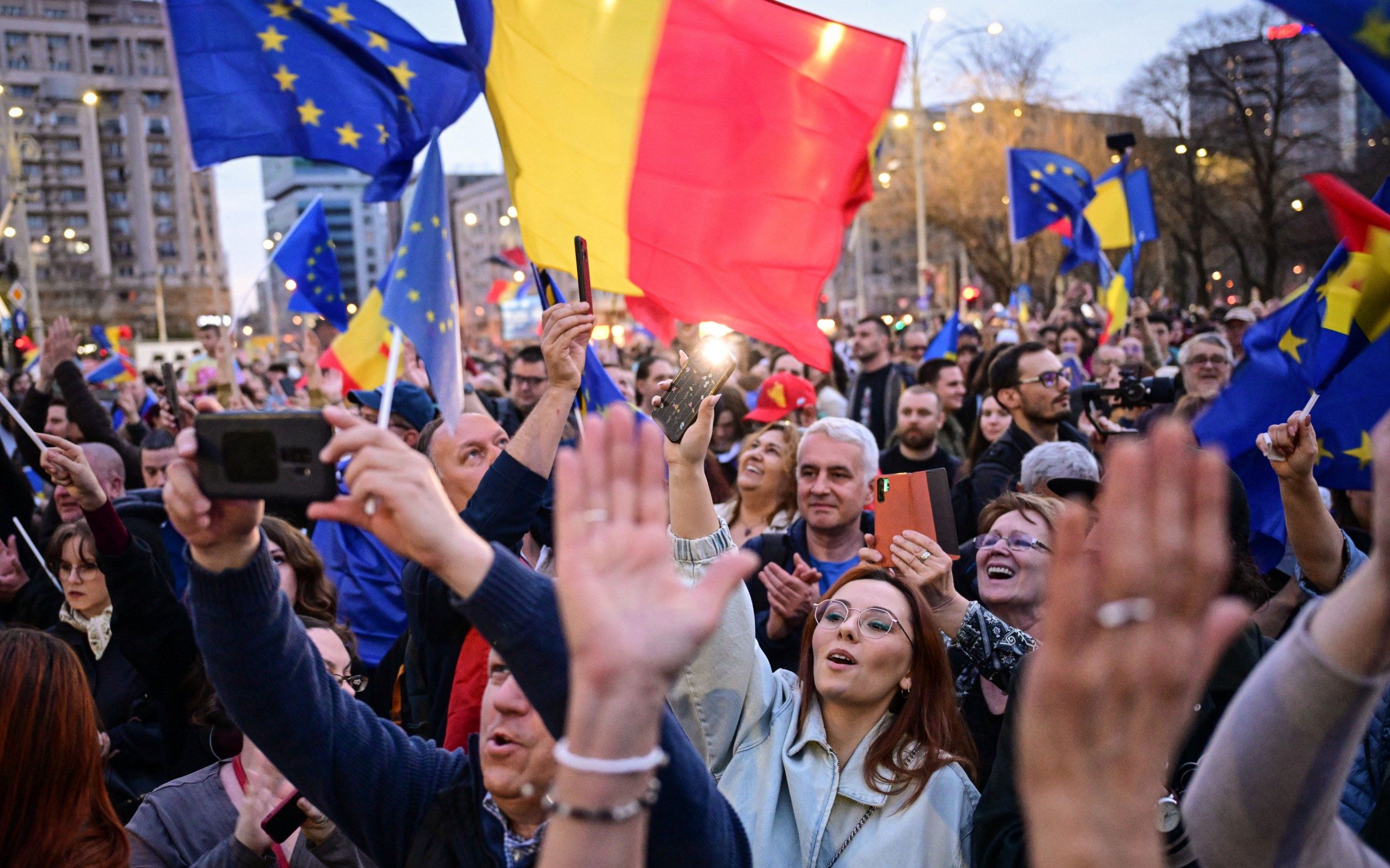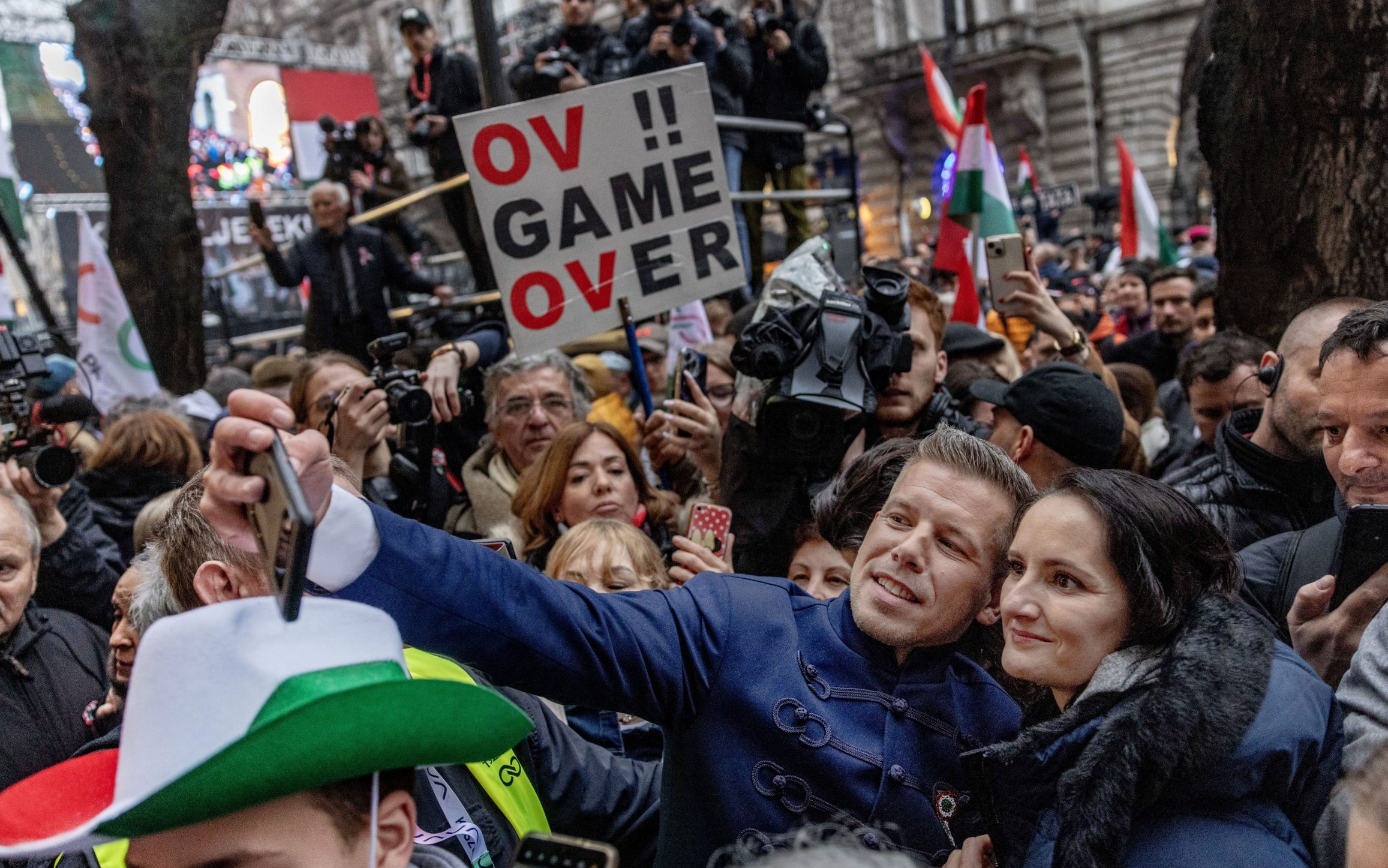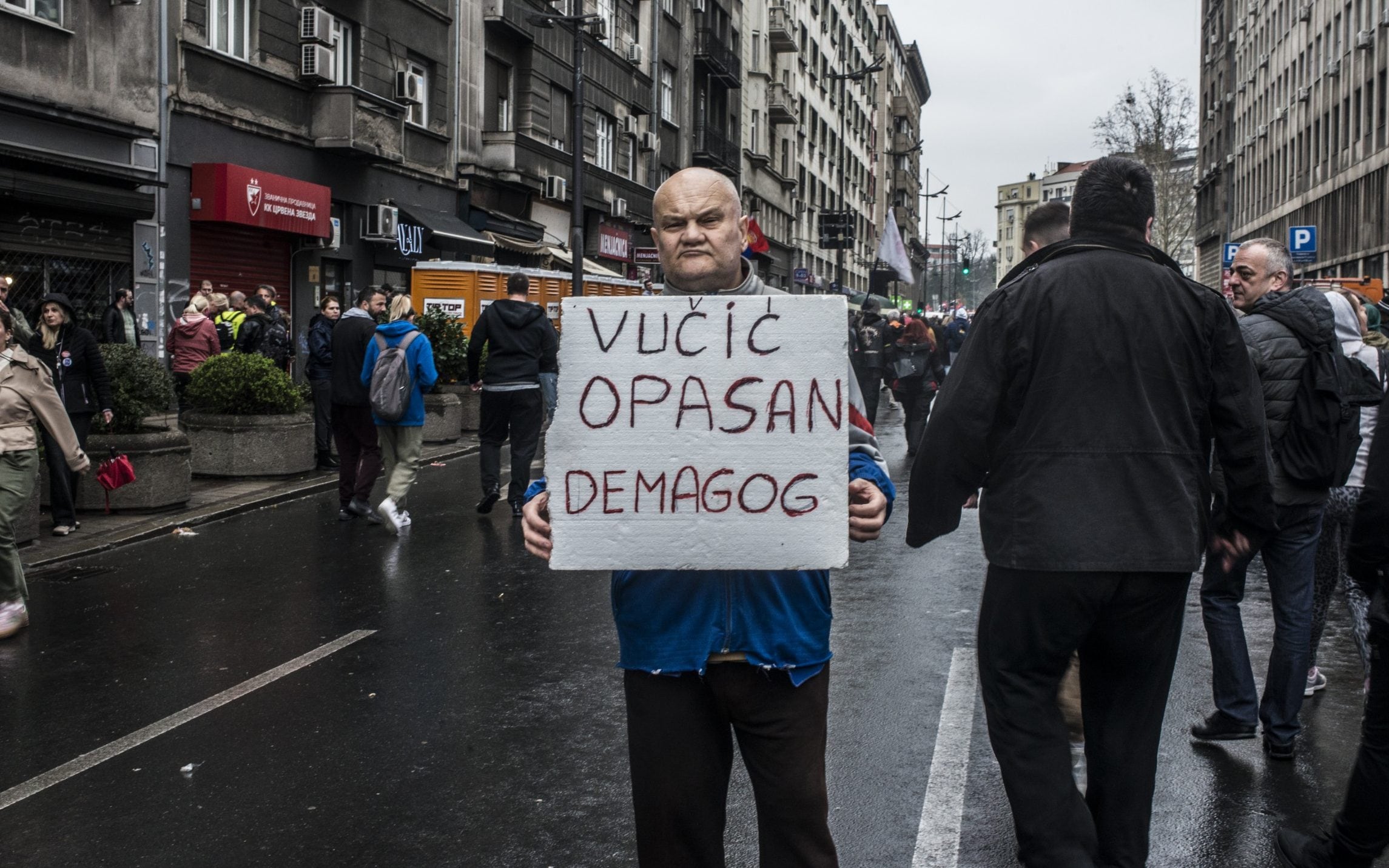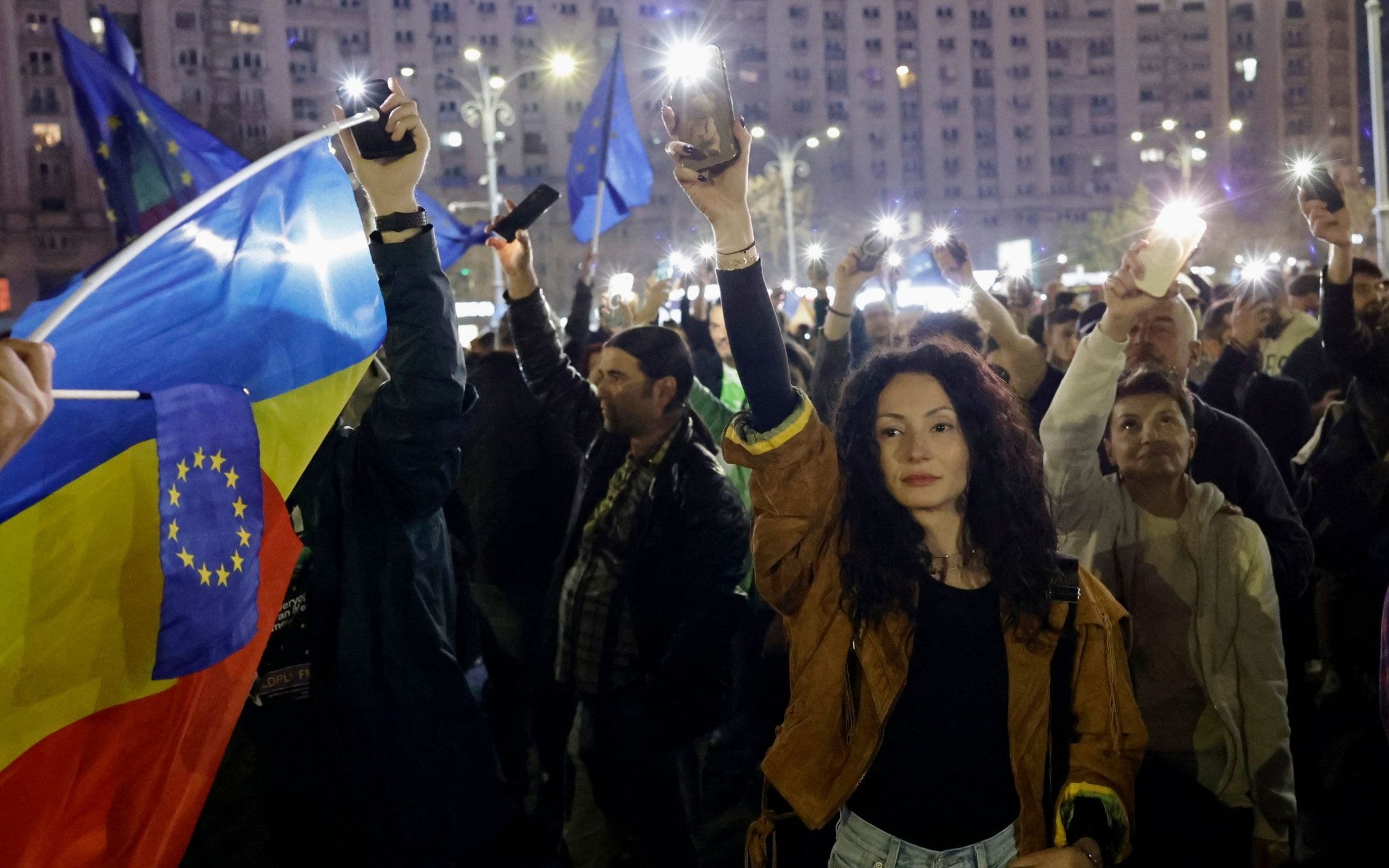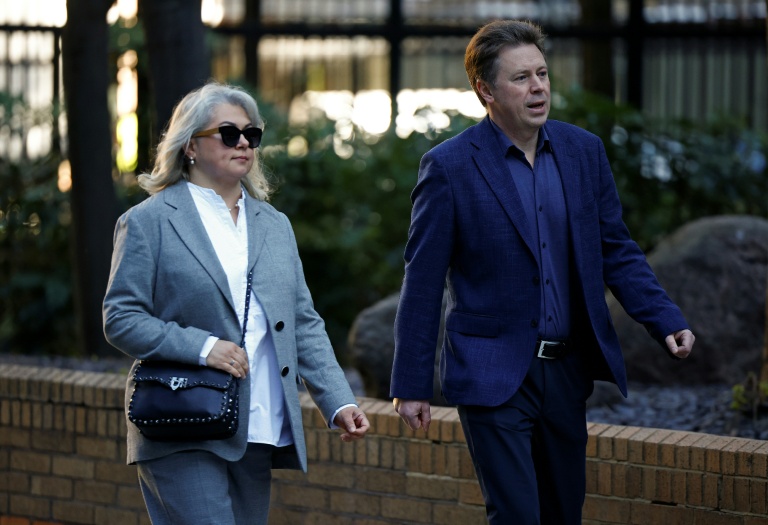
On Friday, a British judge sentenced a former Russian minister to over three years in prison for violating sanctions, marking the first case of this kind in the UK.
A supporter of President Vladimir Putin, Dmitrii Ovsiannikov was convicted on Wednesday of six charges related to evasion of sanctions. These penalties were enforced due to his involvement in Russian-controlled Crimea, where the violations occurred from February 2023 through January 2024.
The individual, who is 48 years old, was the first person to be found guilty of violating the United Kingdom's economic sanctions against Russia, which have been enforced since 2019.
Ovsiannikov, who previously served as the mayor of Sevastopol, Crimea's biggest city, was sentenced to 40 months at London's Southwark Crown Court on Friday.
Up to half of his sentence will be served in custody prior to his release on license, Judge Sara Cockerill informed the court.
Ovsiannikov violated regulations by establishing a UK bank account, obtaining approximately £80,000 ($100,000) from his spouse and taking possession of a vehicle from his sibling.
Once the bank discovered he was on the UK sanctions list, they froze his account.
Alexei Ovsianikov, who is 47 years old, was found guilty of two counts related to facilitating the violation, whereas Dmitrii's spouse, Ekaterina Ovsianikov, aged 47, was exonerated from every charge.
Ovsiannikov was appointed by Putin to be the mayor of Sevastopol, which occurred two years following the peninsula’s annexation by Russia from Ukraine in 2014. Prior to this role, he had worked as Russia's deputy minister for industry and trade.
In 2017, the European Union enforced economic penalties against him, and these were upheld by the UK following its departure from the EU.
Although the EU removed its sanctions in February 2023, the UK continues to enforce its own restrictions, prohibiting him from entering the country and blocking access to his assets within the UK.
In August 2022, Ovsiannikov journeyed from Russia to Turkey and submitted an application for a UK passport via the internet. Despite the prevailing sanctions, his application was approved because his father had been born in the UK.
In February 2023, he came to the UK to be with his spouse and two offspring.
His sibling was found guilty of violating sanctions twice for paying over £40,000 in school fees so that Ovsiannikov's offspring could attend a school in London.
Nevertheless, he was exonerated from three charges related to breaching sanctions, which included setting up car insurance for his sibling and purchasing a Mercedes-Benz.
The highest penalty for violating Russia sanctions can be up to seven years in prison.
pdh/jkb/sbk
